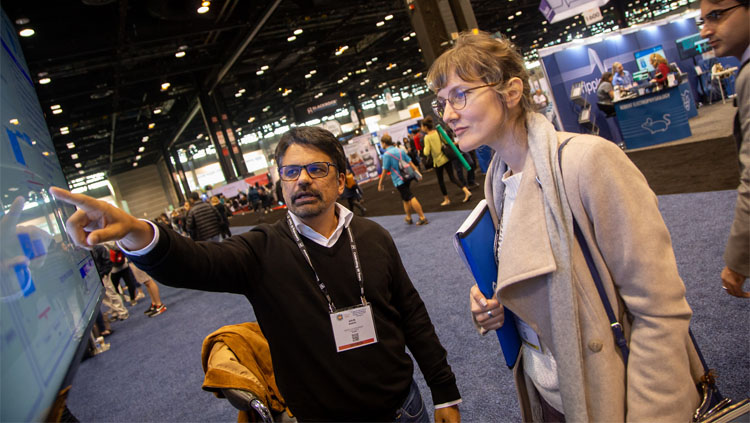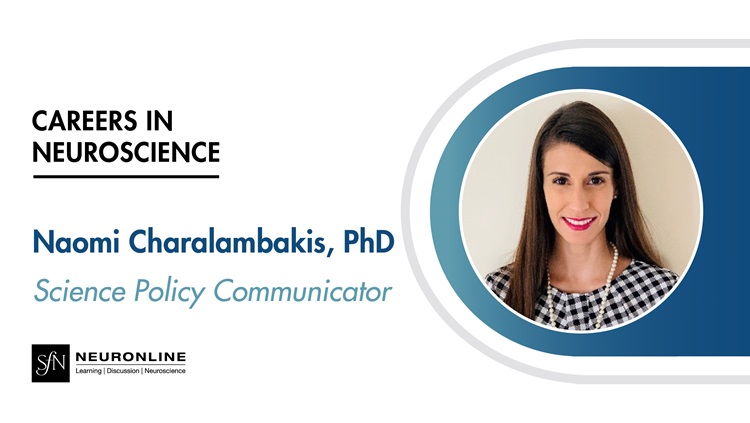
This resource was featured in the NeuroJobs Career Center. Visit today to search the world’s largest source of neuroscience opportunities.
Full-time faculty positions at primarily undergraduate institutions (PUIs) are becoming increasingly competitive. Like any career, working at a PUI has its rewards and challenges — the first of which is securing a position at one.
Nowadays, undergraduate institutions — and students — expect a lot from faculty: a joy in fostering student success, an ability to explain complex research projects at an undergraduate level, a capacity to train the next generation of scientists on a modest budget and with shared equipment, and most of all, passion for both teaching and research.
As you prepare for a career at a PUI, seek out training in the following areas to be a more competitive candidate and successful faculty member.
Teaching Through Active Learning
Giving students a more active role in their learning emphasizes their ownership over what they learn.To promote critical thinking, faculty today are facilitating student involvement in the classroom through creative lesson types including case studies, role playing, problem-based learning, think-pair-share strategies, flipped classroom models, and more.
Giving students a more active role in their learning emphasizes their ownership over what they learn. An ideal candidate for a PUI will have been exposed to many of these active learning strategies and incorporate them into the curriculum wherever possible.
When you’re ready to apply for a position at a PUI, make sure to describe in your teaching philosophy statement which ones you regularly implement and why. Also consider including a reflective analysis of how your personal approach to teaching will impact students’ success.
Training Undergraduate Researchers
Another important component of working at a PUI is fostering a teacher-scholar model between faculty and students.
To do this, Think back on multi-year projects you may have initiated as a PhD candidate or postdoc, and look for ways to adapt them into small attainable research questions.think back on multi-year projects you may have initiated as a PhD candidate or postdoc, and look for ways to adapt them into small attainable research questions to be answered by undergraduates.
These mini research projects should require only a modest budget and use equipment housed at the institution. Search committees discourage applicants from including ambitious research statements that incorporate projects requiring frequent travel to nearby institutions, sophisticated and/or specialized equipment the institution may not have, or costly budgets.
When crafting your research statement, you can note that your projects may require extramural funding, but take care not to give the impression you’ll dedicate all of your time to research. On average, PUIs have a teaching dedication that ranges from 50 to 90% teaching, with the remaining time divided between research and service.
Service and Collegiality
Collaboration is essential for success at a PUI. As a faculty member, you’ll be expected to build interpersonal relationships with students, faculty, staff, and administrators by working in teams.
Get involved in as many different (but meaningful) service activities as well as community engagements as you can. They will only help your application.
Diversity, Equity, and Inclusion
A commitment to supporting diversity, equity, and inclusion must be clear in your application. Your commitment can be articulated in the diversity, equity, and inclusion (DEI) statement or embedded in your teaching philosophy and/or research statement, if a DEI statement is not required.
A commitment to supporting diversity, equity, and inclusion must be clear in your application. A strong DEI statement will articulate your knowledge of DEI, document your track record in advancing DEI, and explain future plans for advancing it with consideration given to the student body of the institution.
All in all, PUIs want to hire applicants who are passionate about working with a diverse group of undergraduates, teaching, and conducting research in a collaborative environment. I would suggest to find opportunities to gain experience in each of the above areas and then make those skills shine through in your application.



.jpg?h=423&w=750&la=en&hash=5874576AB4EF551095D71B87EF35C5F1D909877E)




